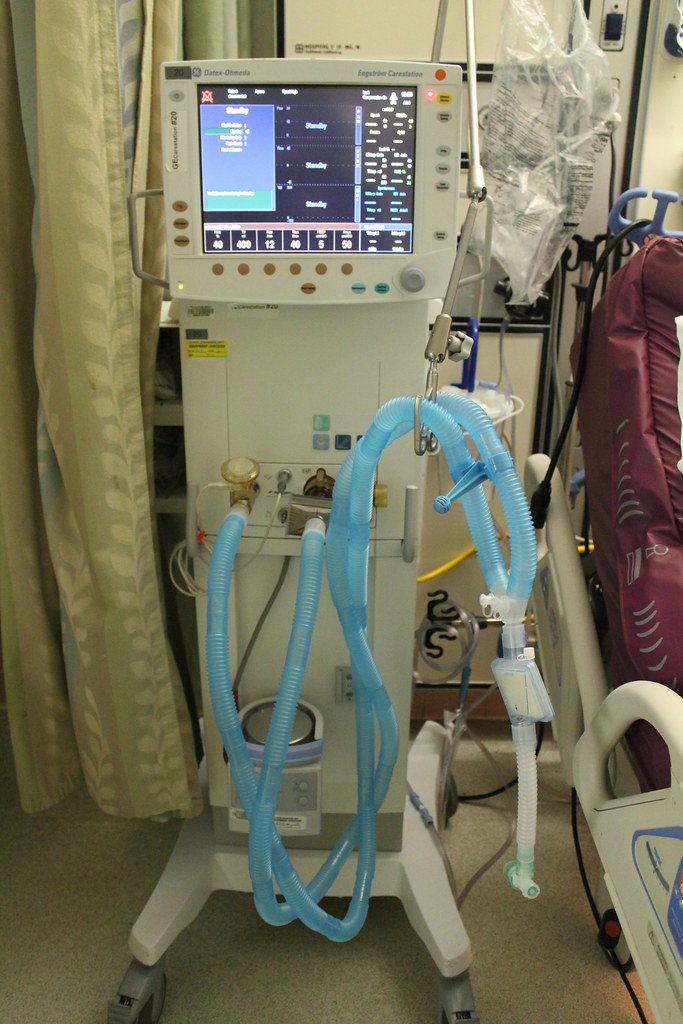We’ve written before that chaos creates the perfect storm for fraud and opportunism. One of the reasons for this is the underlying nature of capitalism itself: capitalism rewards risk-taking and opportunism. But in the barely-regulated environment of an emergency, risk-taking and opportunism can result in massive losses of taxpayer dollars. A recent New York Times article on Covid-19 ventilator fraud provides a case in point.
Covid-19 Ventilator Fraud Victimizes New York
At the height of New York State’s emergency management of the Covid-19 pandemic, the state was in desperate need of ventilators. With little to no federal coordination of states’ efforts to obtain ventilators, states were fending for themselves in an environment where prices were spiking and supply chains were utterly chaotic.
Enter a 50-year-old Silicon Valley engineer named Yaron Oren-Pines. He had no history or experience in selling or distributing ventilators or any medical equipment, according to the Times article. Oren-Pines contacted the Federal Emergency Management Administration (“FEMA”), saying he could procure 1,450 ventilators right away. In addition, he would need an $86 million payment up front.
Despite clear warning signs, inexperienced volunteers at FEMA (apparently appointed by Jared Kushner, the President’s son-in-law) passed the information on to the State of New York. New York officials, assuming that FEMA had vetted the proposed contract, started negotiating with Oren-Pines. The State was desperate to find medical equipment for its critically ill population.
By the time the State caught up to the reality that not all was on the up and up with Mr. Oren-Pines, it had paid an initial $10 million to his company. Thankfully for the taxpayers of New York State, the remaining $76 million was held up.
Nonetheless, as things currently stand, Mr. Oren-Pines is in possession of $10 million dollars. New York, the victim of Covid-19 ventilator fraud, received nothing and may have to sue to recover the $10 million. Oren-Pines, of course, claims he does not have to return anything.
Hustlers Thrive on Opportunistic Situations
The take-away: hustlers abound, and they thrive on opportunistic situations. We’ve seen this countless times before. A Montana firm with only two employees and two years’ experience (but connected politically to a Cabinet Secretary) obtained a huge contract to supply electricity to the hurricane-ravaged island of Puerto Rico.
The Iraq and Afghanistan Wars provide textbook examples of the siphoning of emergency funds. One of literally dozens of stories from those conflicts involves a $4.2 billion contract to a Swiss company for food service deliveries, shown to involve hundreds of millions in overcharges – but the company got a contract extension anyway. Or the $36.3 billion in funding to KBR (formerly Halliburton), which resulted in multiple False Claims Act recovery suits for misfeasance and non-feasance. During the Civil War, “shoddy” uniforms were sold to the Union Army, uniforms that would essentially melt like paper-mache at the first sign of rain. The venerable Brooks Brothers clothier in New York was the worst offender. This and other abuses during the Civil War led to passage of the original False Claims Act.
In normal times, people complain about the detailed requirements for federal contracts. They exist, however, for a reason. They are there to protect taxpayer dollars and public safety. Sadly, in emergency situations, when those requirements get loosened or eliminated, some people inevitably are ready to hustle and make quick money. American history proves this point over and over.
An alert press corps and whistleblowers ready to come forward are the two best antidotes to this unfortunate reality. Hustlers may abound, but there is a way to catch them.

